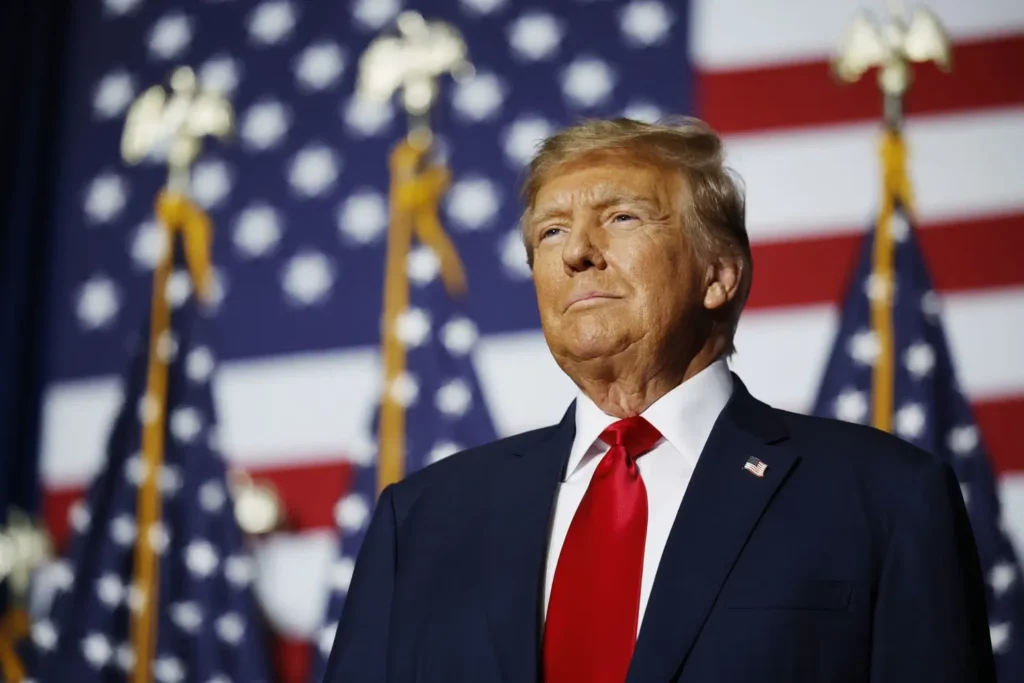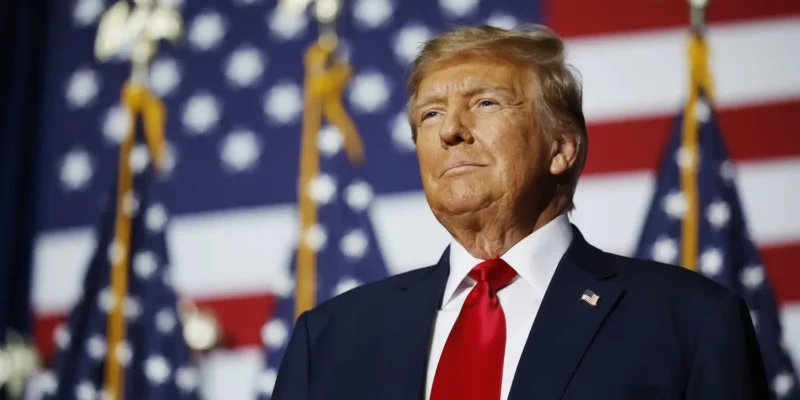
Cambridge — Harvard University filed a federal lawsuit Friday against the Trump administration, challenging a sweeping move to block the school from enrolling and hosting international students. The university accused the government of retaliating against its refusal to yield to ideological oversight demands.
The legal action comes one day after Homeland Security Secretary Kristi Noem announced the revocation of Harvard’s certification to enroll foreign nationals, a decision that jeopardizes the academic futures of thousands of international students. Over 25% of Harvard’s student body is composed of foreign nationals — many of whom are now scrambling for legal aid or canceling travel plans.
“This is an unlawful and unwarranted attack,” Harvard President Alan Garber said in a statement. “It imperils the futures of students and scholars across Harvard and sends a chilling message to the global academic community.”
Harvard’s suit, filed in federal court in Massachusetts, seeks immediate relief through a temporary restraining order, arguing that the administration’s action violates the university’s First Amendment rights and undermines institutional autonomy.
The White House and Homeland Security have accused Harvard of fostering antisemitism, liberal bias, and alleged collaboration with the Chinese Communist Party — claims university officials categorically deny.
Noem defended the move Thursday, saying: “This administration is holding Harvard accountable for fostering violence, antisemitism, and coordinating with the Chinese Communist Party on its campus.”
The fallout could be financially devastating. Harvard, which charges tens of thousands of dollars in annual tuition, also faces escalating federal pressure. The Trump administration has placed $9 billion in federal funding under review, frozen $2.2 billion in grants and $60 million in federal contracts, and has even targeted individual researchers for deportation.
The Chinese government, responding to the action, condemned what it called the “politicization of educational cooperation.” Chinese students represent over 20% of Harvard’s international enrollment.
“This decision will only harm the image and international standing of the United States,” said Chinese foreign ministry spokesperson Mao Ning.
The dispute has sent shockwaves through Harvard’s global student community. Austrian student Karl Molden, 21, said he is considering transferring to Oxford University. “It’s scary and saddening,” he said. “Being admitted to Harvard was the greatest privilege of my life.”
Harvard’s faculty leaders have rallied behind the lawsuit, with the university’s chapter of the American Association of University Professors calling the administration’s actions “nakedly authoritarian.”
This marks the second major legal battle between Harvard and the federal government in recent months, reflecting deepening tensions over academic freedom, immigration, and ideological influence in higher education.

Comments